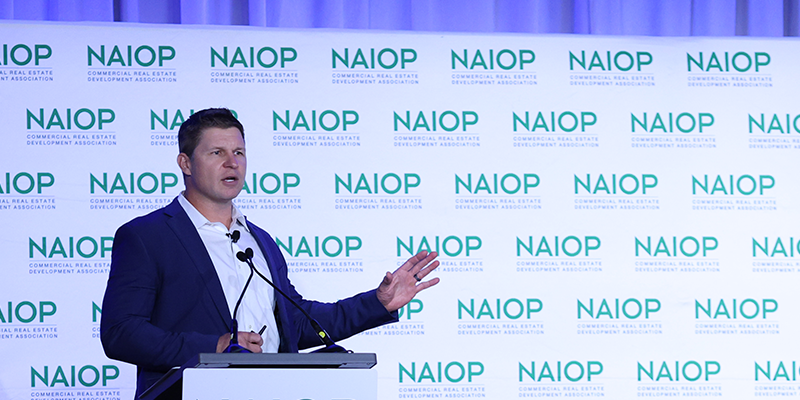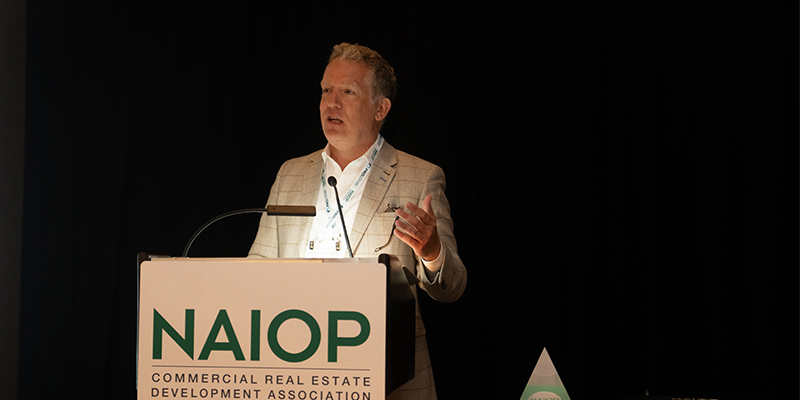By Jason Keil
In the wake of the 9/11 attacks, Kevin Lacz answered the call to serve with unwavering resolve. He joined the Navy, conquered the grueling BUD/S training, and went on to complete two combat tours with the elite SEAL Team THREE. His valor in combat earned him a Bronze Star with a combat “V” and multiple Navy and Marine Corps Commendation Medals.
After hanging up his uniform in 2010, Lacz didn’t slow down. He earned a Master of Medical Science from Wake Forest University and co-founded a cutting-edge functional medicine practice.
Then Hollywood came calling, and Lacz served as a technical advisor and portrayed himself in the blockbuster film American Sniper. He later penned the best-selling memoir The Last Punisher, offering a raw, gripping account of life as a Navy SEAL. Driven by a passion to give back, he co-founded Hunting for Healing, a nonprofit that reconnects disabled veterans and their spouses with nature through transformative outdoor experiences.
Lacz was the keynote speaker at this year’s NAIOP I.CON Cold Storage in Phoenix, where he shared his five principles for success.
Get Outside Your Comfort Zone
It’s a phrase we’ve all heard before, but Lacz broke down what it meant for him as a Navy SEAL. Not only did it mean leaving the protective network of his hometown in Connecticut, but it also meant going through a week of grueling training that has only a 15% success rate. He soon realized that he wasn’t competing with his fellow trainees. Rather, he was challenging himself to become a better person.
He then related this principle to real estate, explaining that as the market changes, you must have confidence in yourself to persevere.
“We see the ups and downs, but you learn things about yourself that make you stronger, make you better, and give you the confidence in which to succeed when others don’t,” said Lacz.
Own Your Space
Lacz told a story about training to be a combat medic, which meant treating patients while under (simulated) fire. When he went to treat his partner, the contents of his medical bag spilled everywhere. While he eventually made his way to the aid station, he had to complete medical work under intense pressure. He knew he was struggling, which was confirmed when his trainer pulled him aside to talk to him.
Lacz recalled him saying, “I have to ask you something: Are you going to sit here and flounder, or are you going to own your space?”
To Lacz, this means taking responsibility and being willing to take tough criticism. “The more you tiptoe around the subject, the less chance it will get fully corrected,” he added.
Build Your Culture
Lacz talked about those whom he served with on the Navy SEAL team. Each one had a different skill set. One was an amazing communicator. Another had “grit,” so he would push others to be better versions of themselves.
He spoke about Chris Kyle, the soldier who was the subject of the book and film American Sniper. Lacz said he had a unique ability to take all the information he knew and share it with his teammates, ensuring they were up to speed. The same skill can be applied to the world of commercial real estate.
“The workforce is changing,” he said. “Baby boomers are retiring. You’re seeing a lot of young people jumping on board. Are we willing to invest time to get them up to speed so your team can become more effective?”
He added that by encouraging people to be the best version of themselves, you are fostering a culture that people want to be a part of.
Fight Complacency
Pride can affect everyone, even a Navy SEAL. Lacz wasn’t nervous about sharing moments from his time serving in Iraq when he made mistakes, but he also wasn’t afraid to work on becoming better. He knows that being complacent with who we are and what we do can cause us to miss important details and delay projects. It’s our responsibility to hold ourselves accountable for these errors and strive to improve.
Said Lacz, “We should wake up in the morning and want to be better than we were yesterday and not make the mistakes we made yesterday.”
Do Your Job
All the steps Lacz discussed culminate in the last principle: Do your job.
“It’s why we train so hard,” said Lacz. “These principles are applicable everywhere you go and are key to understanding success on a team.”








